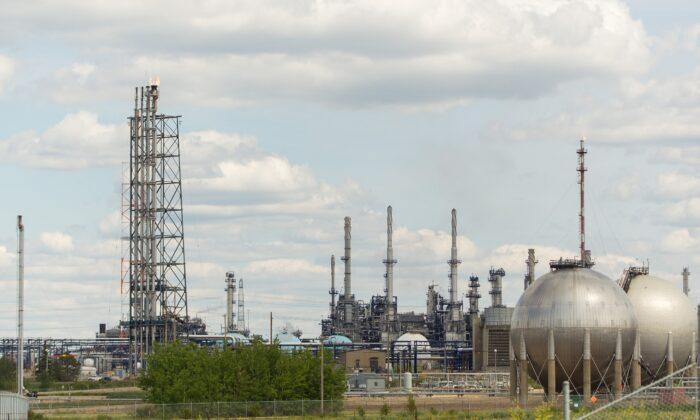The oil and gas sector is crucial to Canada’s economy, and if the trend of negative attacks on the industry continues, it will have serious consequences for the country, says Conservative MP Ziad Aboultaif.
“This industry is a top job-generating industry in Canada. Attacking it, neglecting it, and working against it is going to hurt the overall Canadian economy, and that’s something which cannot be taken lightly,” Aboultaif said in an interview.





